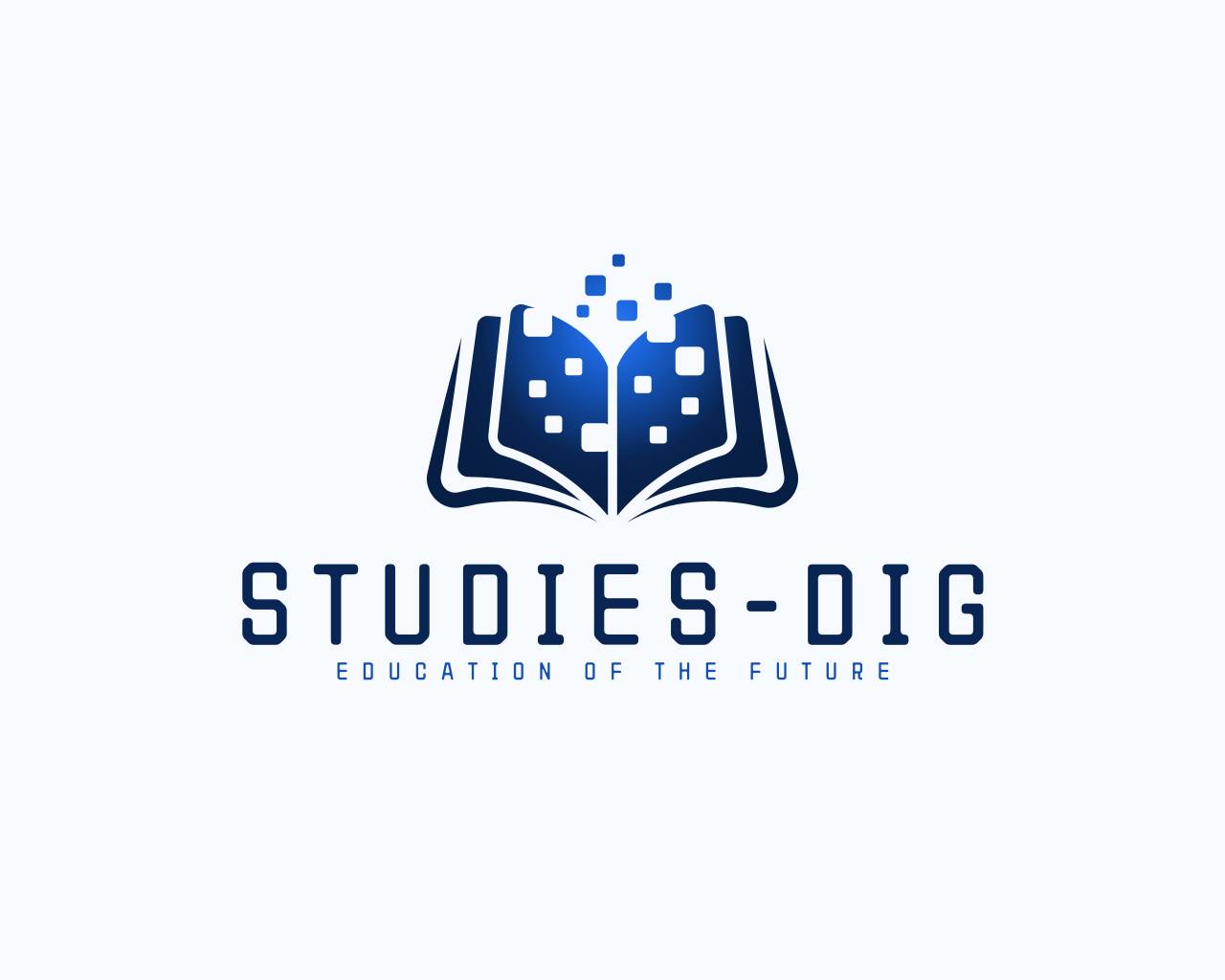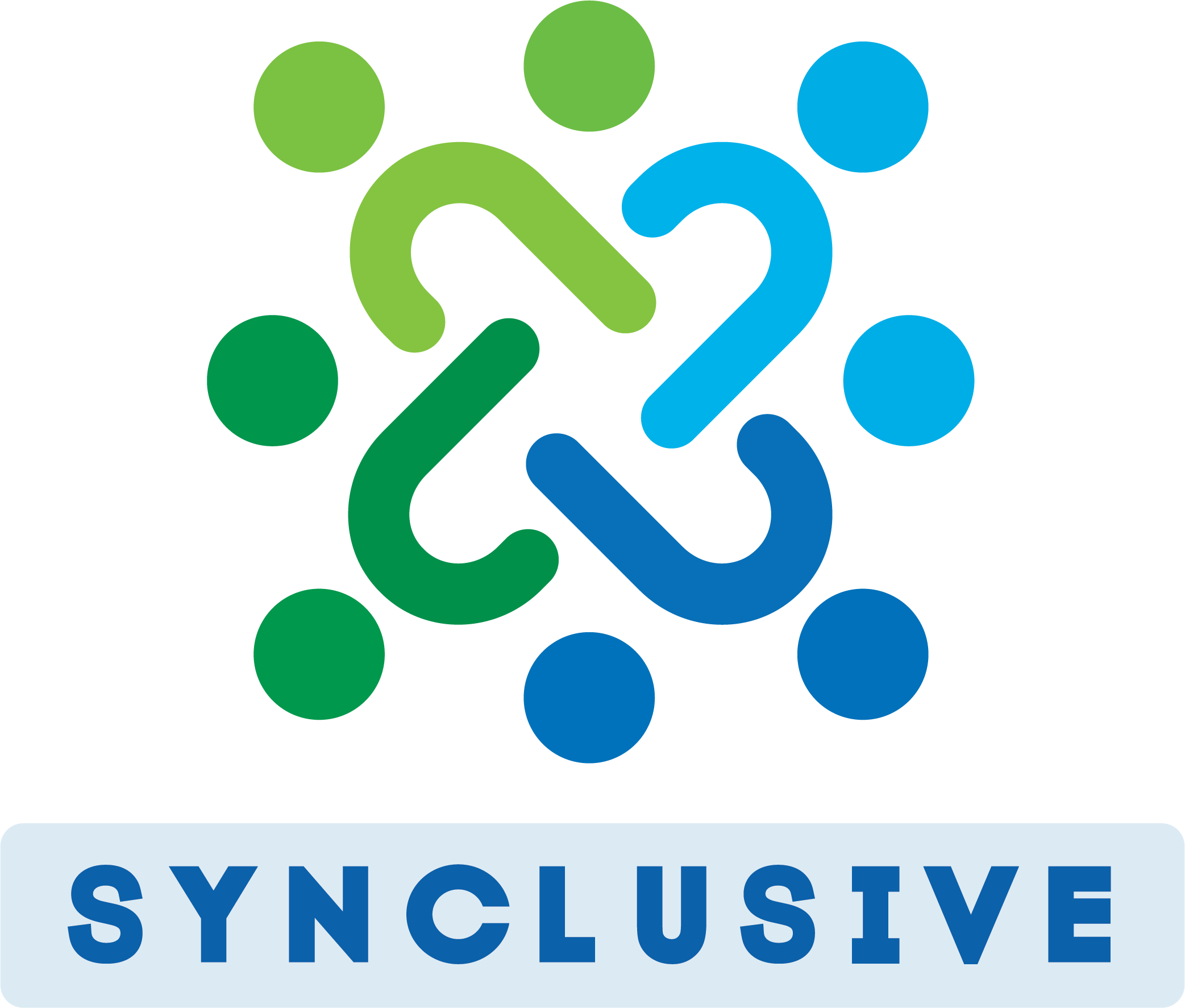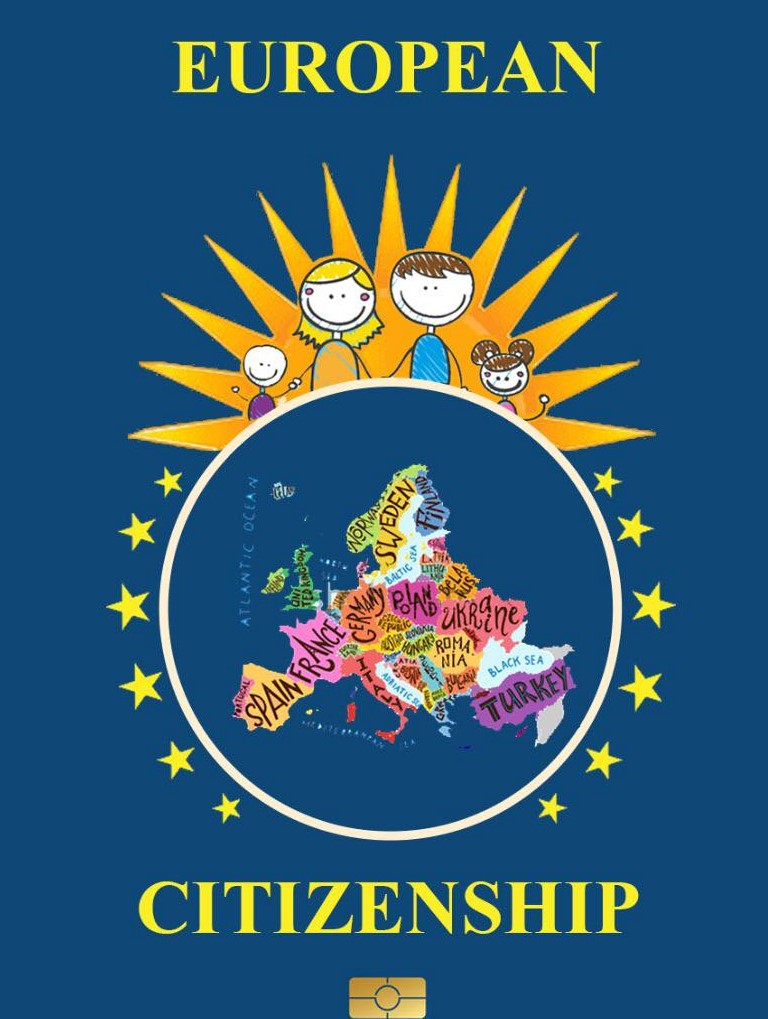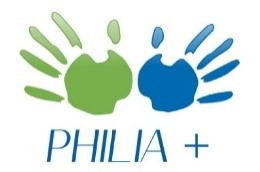Inquérito aos Candidatos (deputados e candidatos não eleitos) às Eleições Legislativas de 2024
Investigadora
Inquérito aos Candidatos, eleições legislativas de 2024, trabalho de campo (e preparação dos dos para arquivo no Social Science Data Bank Suiço, FORS – Universidade de Lausane) 2024-2026.
Este projeto é membro do Comparative Candidate Survey https://www.comparativecandidates.org/https://www.comparativecandidates.org/members?page=1
Membro da infraestrutura de pesquisa nacional APIS (com o ESS, PNES, etc.) e da infraestrutura de pesquisa europeia em preparação: MDem – Monitoring Electoral Democracy: https://medem.eu/
Informação do Projeto
2024-04-02
2026-12-31
Parceiros do Projeto
- CIES-Iscte - Líder
Models and Instruments for Transforming Higher Education Systems through Transnational Multi-Sector Links
Investigadora
Today, in the digital era society is evolving at a rapid pace and investing in education have vast social and economic advantages for it. It is the education that allows people to have access to SDGs 4. It is not argued that a better educated people break away from poverty more easily, help to reduce inequalities and achieve gender equality; they are more tolerant, they contribute to reduce crime, to increase political and civic participation and generally to have more peaceful societies with reduced inequalities and imbalances. Within this context the project brings together European, Asia and African academic and non-academic organizations in a staff exchange program, with the goal to explore, design and deploy innovative and context sensitive solutions for transforming higher education systems. This international and multi-sector consortium is created as a platform for collaboration and is united by the principles of innovation, partnership and solidarity with the purpose to research and identify successful contemporary models and modern instruments that can help higher education transformation and support the sustainable and effective adaptation of the higher education systems of the consortium members to the digital age. The aim of the project is study the process of digitalisation in different organisations and offer solutions concerning the improvement of the digitalisation practices. The project consortium comprises both academic and non-academic partners as well as experts in diverse fields such as, but not limited to, economics, law, management, linguistics. This allows a broad and an indepth approach to digitalisation. On the basis of the identified gaps in the digitalisation process, the project will propose approaches and methodologies which will be realised as different disciplines for the academic institutions’ partners in order to build sustainable competences for the transfer of knowledge and skills
Informação do Projeto
2023-12-01
2027-11-30
Parceiros do Projeto
- CIES-Iscte
- BRU-Iscte
- ISTAR-Iscte
- DINAMIA'CET-Iscte
- UNWE - Líder (Bulgária)
- UBB - (Roménia)
- METU - (Turquia)
- ESPAP - (Portugal)
- AZ - (Bulgária)
- RM - (Bulgária)
- C.School - (Roménia)
- Novarge - (Turquia)
- Associação 101010 Portugal (Escola 42) - (Portugal)
Espaço para crescer
Investigadora
A adaptação e integração dos estudantes no Ensino Superior tem sido largamente abordada pela investigação, nomeadamente no que diz respeito ao impacto do processo de adaptação no sucesso e abandono escolar. A integração dos novos estudantes num novo contexto social e académico pode constituir-se como um momento crítico nos processos de adaptação, sendo que o período de chegada e os primeiros tempos de permanência na instituição são o momento-chave para intervir preventivamente. O acolhimento de novos estudantes é uma prioridade do Iscte. As relações entre a integração nas relações sociais do ambiente académico (dentro e fora da sala de aula), saúde mental e desempenho académico tornou-se particularmente evidente no contexto mais recente do período COVID-19.
Os efeitos do isolamento social e da aprendizagem exclusivamente on-line são duradouros, sendo fundamental investir na recuperação através do reforço das iniciativas de acolhimento. A aposta em estratégias de prevenção, com carácter universal, são uma forma eficaz de obtenção de resultados positivos com os estudantes quer ao nível da sua saúde mental, quer no ajustamento à universidade.
Informação do Projeto
2023-08-01
2024-11-30
Parceiros do Projeto
Erasmus+ Educação e Formação: caracterização, análise e avaliação da qualidade das residências para estudantes do ensino superior
Investigadora
O estudo de caracterização, análise e avaliação da qualidade das residências para estudantes do ensino superior pretende mapear e analisar as estruturas e as condições de alojamento em residência de estudantes do ensino superior. Propõe-se abranger o universo de residências sob gestão de Instituições de Ensino Superior de todo o território nacional (incluindo regiões autónomas), universitárias e politécnicas, públicas e privadas. Exclui-se da análise os equipamentos do setor empresarial e do terceiro setor. O desenho do estudo está fundamentado numa abordagem de triangulação metodológica quanti-qualitativa.
Informação do Projeto
2023-03-03
2023-10-31
Parceiros do Projeto
Abordagem sistémica para eliminar as lacunas de emprego e criar um mercado de trabalho mais inclusivo para grupos vulneráveis
Investigadora
SYNCLUSIVE é uma abordagem de sistemas inovadores, integrais e interdisciplinares para estimular a inclusão de grupos vulneráveis no mercado de trabalho. Para isso, os seis objetivos centrais são: 1) desenvolver e consolidando uma coalizão de partes interessadas em 4 Living Labs regionais em toda a Europa nos moldes da Comunidade Teoria da Ação de Coalizão, usando a abordagem ENGINE. Esta abordagem inclui um pacote integrado de intervenções que estimulem a mobilidade ascendente e lateral de trabalhadores vulneráveis, criando assim vagas para entrada de candidatos a emprego vulneráveis; 2) testar a utilidade e aplicabilidade da abordagem ENGINE para diferentes grupos vulneráveis identificados como discriminados; 3) identificando impulsionadores e barreiras para mobilidade e influxo incluindo discriminação; 4) avaliar o impacto da abordagem ENGINE implementada sobre a mobilidade no mercado de trabalho e inclusão de grupos vulneráveis; 5) identificando caminhos de transição do regional ao nível da política nacional e da UE; e 6) identificar indicadores e padrões interoperáveis e comparativos que são relevantes para a inclusão no mercado de trabalho de grupos vulneráveis, tendo em conta as necessidades regionais, nacionais (legislativo) e contexto cultural.
Informação do Projeto
2023-03-01
2027-02-28
Parceiros do Projeto
- BRU-Iscte (Gestão)
- CIES-Iscte
- ISTAR-Iscte
- TNO - Líder (Países Baixos (Holanda))
- ARC FUND - (Bulgária)
- FIOH - (Finlândia)
- SDA - (Bulgária)
- INAIL - (Itália)
- UvT - (Países Baixos (Holanda))
- UCC - (Irlanda)
- AMF - (Países Baixos (Holanda))
- CENTAR - (Estónia)
- TERMCERTO - (Portugal)
- LAO - (Portugal)
- REDO - (Portugal)
- PACT - (Portugal)
- IEFP - (Portugal)
- KOK - (Finlândia)
Flipping Learning Internationally in a Post Pandemic Era
Coordenadora Local
In recent years, flipped learning (FL) has become a popular instructional model across several disciplines by flipping the traditional in-class instruction time with out of class activities (Shand & Farrelly, 2017). The notion behind flipped classrooms is to devote the limited in-class time for hands-on inquiry activities, while the course delivery is done outside the classroom (Bergmann & Sams, 2008; Tomory ve Watson, 2015). This gives students opportunities to examine course content in a flexible time and space, while in class time is dedicated to discussions, lab, hands-on activities, and small group activities and practices.Due to pandemic, hybrid-schooling has become more prevalent (Azorin, 2020) and FL has been identified as an instructional model to support active learning. A recent study showed that students were more satisfied with FL models than any other online modes (such as MOOCs, live audio, and live video) and FL improved their conceptual understanding and attention to the course content (Tang et al. 2020). Empirical research is mostly conducted on STEM areas in post secondaryeducation (Wright & Park, 2021) and in K12 mostly with high school students (Lo & Hw, 2017). Research mostly provides evidence for a positive effect on achievement in STEM (Fung et al., 2021; Wright & Park, 2021), engagement in differentdisciplines (Bond, 2020). Considering the challenges, students face difficulties in accessing help and guidelines and limited student preparation.However, teachers felt overwhelmed with the available online resources and tools and stated the lack of knowledge about online/remote teaching strategies (Trust & Whalen, 2020). This might be because most teachers’ lack of online teachingexperiences prior to pandemic (Mashall et al. 2020). It is expected that even after the pandemic, hybrid learning will be an important instructional revenue for most schools (Babatunde Adedoyin & Soykan, 2020). FL is complementary to EU’s fit ...
Informação do Projeto
2022-12-31
2024-12-31
Parceiros do Projeto
- CIES-Iscte
- İZMİR / BORNOVA - (Turquia)
- 3rd GYMNASIUM OF NIKAIA - (Grécia)
- -- - (Itália)
- KOLEGJI UNIVERSUM O.P - (Sérvia)
- EGE UNIVERSITY - Líder (Turquia)
Inquérito aos Candidatos (deputados e candidatos não eleitos) às Eleições Legislativas de 2022
Investigadora
Inquérito aos Candidatos, eleições legislativas de 2022, trabalho de campo (e preparação dos dos para arquivo no Social Science Data Bank Suiço, FORS – Universidade de Lausane) 2022-2024.
Este projeto é membro do Comparative Candidate Survey https://www.comparativecandidates.org/
https://www.comparativecandidates.org/members?page=1
&
Membro da infraestrutura de pesquisa nacional APIS (com o ESS, PNES, etc.) e da infraestrutura de pesquisa europeia em preparação: MDem – Monitoring Electoral Democracy:
https://medem.eu/
Informação do Projeto
2022-01-01
2024-12-31
Parceiros do Projeto
Strengthening Migrant Integration through cooperation between Portugal and Cabo Verde
Investigadora
This action is organized around the general objective (G.O.) to strengthen the mechanisms for the integration of immigrants into Cabo Verde society, while reinforcing the contribution to the priorities defined in the cooperation framework between Portugal and Cabo Verde.
This objective is achieved by carrying out several activities oriented towards practical and accurate results, based on the exchange of experiences between both countries to improve the services provided, considering the following specific objectives/outcomes:
• S.O.1. – To improve instruments and operating procedures regarding immigrant integration in Cabo Verde, by implementing four local units for immigrant support, a multichannel platform to support and strengthen public services available to immigrants and developing instruments for local approaches.
• S.O.2. – To develop capacity-building actions for Cabo Verdean authorities (at national and local level), civil society organizations and ACM key staff, in legal migration management and integration.
• S.O.3. – To provide certified professional training of immigrants to promote their professional qualification.
• S.O.4. – To produce and disseminate knowledge about migration in Cabo Verde, by developing studies, awareness-raising campaigns, and setting up a Migration Observatory in the country.
Informação do Projeto
2021-12-01
2025-07-31
Parceiros do Projeto
- BRU-Iscte (M&M) - Líder
- CIES-Iscte
- IT-Iscte
Ensino e aprendizagem do Serviço Social Ecosocial na Europa
Coordenadora Local
A lógica deste projecto é desenvolver uma rede europeia colaborativa de ensino e aprendizagem sobre o Trabalho Ecosocial no âmbito da EASSW-SIG Trabalho Ecosocial. O Trabalho Ecosocial é uma perspectiva de Serviço Social em evolução que se esforça por uma transição global de sustentabilidade no trabalho social e para além dele. As crises ambientais têm profundas consequências sociais e económicas, aumentando a desigualdade social e a vulnerabilidade; por conseguinte, é importante abordar estas crises na educação e na prática do trabalho social. Apesar da emergência climática, existem poucos cursos sobre Serviço Social Ecosocial nos currículos de europeus e muitos educadores, estudantes e profissionais carecem de conhecimento do Serviço Social Ecosocial em teoria ou na prática. O objectivo desta rede de ensino e aprendizagem será desenvolver, partilhar e trocar conhecimentos e materiais sobre a prática do Serviço Social Ecosocial em toda a rede e mais amplamente a) através de uma plataforma colaborativa de ensino e aprendizagem online (como Moodle Cloud, Canvas Studio, b) através da produção de um manual electrónico do educador sobre o trabalho ecosocial, e c) através da apresentação de conferências e publicações.
Informação do Projeto
2021-10-01
2022-09-30
Parceiros do Projeto
- CIES-Iscte
- Gävle - Líder (Suécia)
- Jyväskylä - (Finlândia)
- University College Cork - (Irlanda)
- KdG - (Bélgica)
PROGRAMA DE EDUCAÇÃO COMUM DE CIDADANIA EUROPEIA PARA A EUROPA INTEGRADA
Investigadora
Este projeto tem como objetivo atender às necessidades de educação para a cidadania da UE de todos os alunos das escolas parceiras com idades entre 14-18; serão elaborados materiais escritos, na forma de conteúdos; definidos processos de ensino e de aprendizagem, e; metodologias de avaliação, que irão constituir o “PROGRAMA DE EDUCAÇÃO PARA A CIDADANIA DA UE”.
O número de alunos que afirmam conhecer os seus direitos de cidadania da UE é de 30%, mas com os estudos do Clube Europeu da Juventude e Cultura e aplicação móvel criados pelo projeto, pretende-se aumentar em 40% o número de alunos que afirmam ter informações sobre a cultura comum europeia. O âmbito e objetivo deste projeto requer a cooperação transnacional de diferentes escolas e universidades da Europa.
Informação do Projeto
2021-06-01
2023-05-31
Parceiros do Projeto
- BRU-Iscte (M&M)
- Voices of the World - Líder (Bélgica)
- Özel Antalya Vizyon Koleji Anadolu Lisesi - (Turquia)
- Siauliu r. Dubysos aukstupio mokykla - (Lituânia)
- NIEPUBLICZNE LICEUM OGÓLNOKSZTAŁCĄCE W LUBLINIE LUBESLKA SZKOŁA REALNA - (Polónia)
- Ozel Adalya Anadolu Lisesi - (Turquia)
Applying Sustainability Transition Research in Social Work tackling Major Societal Challenge of Social Inclusion
Investigadora
A sustainable social foundation for human life can only develop in an inherent interdependence with the overall ecological ceiling and regenerative economy. ASTRA paves the way for a radically new approach to tackle the major societal challenges faced with social work. This is done by combining transdisciplinary sustainability transition research, policies and practices in social work. The combination creates a novel scientific domain and establishes new transformative standards of social work doctoral training in Europe. Within this frame, the recruited Early Stage Researchers (ESRs) focus on the challenge of social inclusion of young people in precariousness situations as well as people with a migration background in vulnerable communities. In participatory research with the target groups, social work methods are co-created as steps of the transition towards sustainable and inclusive society. The potential of the following methodic models are investigated: naturebased well-being, environmental justice, circular and solidarity economy, sustainable food policies in vulnerable communities, ecosocial innovations and contributive justice. The practice-research methodology of social work is applied by the ASTRA consortium, which consists of leading European social work academics involved in sustainability transition research and two non-academic research organisations for environmental and economic sustainability. The diversity of the partner organisations working on sustainability transition in practice deepens the transdisciplinary approach. The innovative practice-related solutions and fundamentally new types of research-based knowledge will have a long-term impact not only on social work but on society and science at large. ASTRA offers the ESRs novel career perspectives in transdisciplinary research, cross-sectoral policy-making and new economic models at the local, national and European level.
Informação do Projeto
2020-10-01
2023-03-31
Parceiros do Projeto
- CIES-Iscte
- JYU - Líder (Finlândia)
- UNIBI - (Alemanha)
- UNIBZ - (Itália)
- . - (Reino Unido)
- KU LEUVEN - (Bélgica)
- UL - (Eslovénia)
- CIRIEC SECTION BELGE - (Bélgica)
- LUKE - NATURAL RESOURCES INSTITUTE - (Finlândia)
PHILIA+
Investigadora
ISCTE - IUL e seus parceiros europeus intervem na proteção das crianças!
Nosso objetivo: qualificar melhor aqueles que acompanham crianças e jovens que precisam de proteção.
Crianças e jovens desfavorecidos são duramente afetados pela precariedade, pelos processos de institucionalização, pela retirada das famílias biológicas, por fatores sociais ou mesmo étnicos. No entanto, no momento em que a maioria dos jovens sai da casa da família aos 28 anos e encontra seu primeiro emprego permanente aos 32 anos, os jovens acompanhados pelos profissionais de proteção à criança são acompanhados e munidos de competências possibilitadoras de se tornarem adultos independentes aos 21 anos e no momento com a mudança da lei aos 25 anos.
Como resultado em Portugal (PORDATA 2017):
- população residente portuguesa (em milhares) - 10.300,3;
- 1 433 156 jovens residentes em Portugal (13,9% da população total);
- 86.154 - Nascimentos em Portugal;
- Taxas de Abandono precoce do sistema escolar - 12,6%
- Estabelecimentos do 1.º ciclo do ensino básico (1.º ao 4.º ano de escolaridade) - 4,208);
- Alunos matriculados no ensino básico (1.º ao 9.º ano de escolaridade) - 1.000.006
- alunos matriculados no ensino médio, 10º ao 12º ano - 399.775;
- Alunos matriculados no ensino superior - 361.943.
Se muitos se encontram na rua, é porque, em sua maioria, perdem o rumo e as redes: os assistentes sociais não estão presentes nesta fase da sua vida ou seja não lhes prestam proteção direta e esses jovens não aprenderam a se auto-proteger, nem a desenvolver estratégias de construção da sua rede social de suporte. Sem diplomas, sem apoio financeiro e sem apoio emocional, eles são expostos a riscos viciantes, delinquência e predadores sexuais. Os profissionais que os acompanham devem estar preparados técnicamente para antecipar melhor sua integração social na sociedade.
Pesquisa-ação colaborativa em 5 países europeus e 11 parceiros
Os 11 parceiros de 5 países europeus (Alemanha...
Adequação da formação em Serviço Social à prática profissional
Investigadora
Uma das grandes preocupações que a contemporaneidade traz para a formação é a necessidade da sua articulação com o mercado de trabalho. No caso do serviço social esta articulação assume-se não apenas como uma mera adequação da matriz formativa às solicitações do mercado de trabalho, mas significa, acima de tudo, uma diretriz orientadora na formulação do seu projeto profissional. Tendo por base este pressuposto, iniciámos este projeto de investigação e que tem como objetivo analisar e avaliar as perceções dos estudantes finalistas do 1º ciclo de Serviço Social quanto à adequabilidade da sua formação às necessidades e desafios que lhes são colocados pelo mercado de trabalho. Pretende ainda avaliar os ganhos de competências teóricometodológicas e técnico-instrumentais adquiridos durante o seu processo formativo e o grau de satisfação dos estudantes com a sua formação.
Informação do Projeto
2015-04-01
2017-09-30
Parceiros do Projeto
Civil Engagement in Social Work: Developing Global Models
Investigadora
This project aims to examine the role of civil society in supporting vulnerable members of the community within the context of social welfare reform, neoliberal policy and new public management initiatives. Pressures of marketization, austerity and statutory intervention are challenging policies to reducing poverty, social inequality and social exclusion and promoting social cohesion and developing social capital. The project involves EU and associated countries that are undergoing significant social and economic change, namely England, Italy, Portugal, Spain and Turkey, whilst non EU countries, Brazil, Russia, India, China and South Africa are newly advanced economic development countries. The project will enhance the understanding and knowledge based models of global sustainable social welfare service delivery.

 English
English






